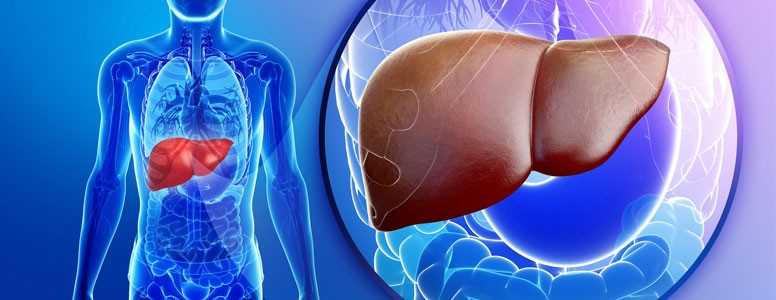Researchers are attempting to develop a new class of insulin-sensitising drugs aimed at regulating glucose production by the liver without impairing fat metabolism.
These new drugs directed at people with type 2 diabetes would work by partly suppressing the function of a protein called FOXO1, which has been shown to regulate glucose production and lipid control in the liver.
Scientists at Columbia University Medical Centre know that completely silencing FOXO1 in the liver lowers glucose output but simultaneously stimulates the production of lipids, which makes the option of using broadly acting FOXO1 inhibitors not optimal.
According to earlier research, modifying the activity of FOXO1 in the liver can contribute to the overproduction of triglycerides, which pose certain risks for cardiovascular health.
However, the current study suggests that there might be a way to “get the good without the bad” when it comes to FOXO1.
The team has been looking for a way to partially inhibit FOXO1 activity in order to improve insulin sensitivity and lower blood sugar levels while curbing lipid overproduction in the liver and prevent hypertriglyceridemia.
This has led them to discover another protein and regulator of lipid metabolic processes called SIN3A that may hold the key to the inhibition of glucose production without an increase in lipogenesis.
A first experiment conducted on mice revealed that suppressing SIN3A while manipulating FOX01 appears to lower glucose production without abnormal retention of lipids within the liver.
This finding could pave the way for the identification of what researchers call selective inhibitors, i.e., drug molecules that would target both FOXO1 and SIN3A in a very specific way to achieve blood glucose control with limited adverse effects on lipids.
The researchers already found three candidate molecules with the desired effect in the liver that may constitute a basis for the development of a promising novel class of insulin sensitisers.
The findings were published in the journal Cell.
What's new on the forum? ⭐️
Get our free newsletters
Stay up to date with the latest news, research and breakthroughs.




